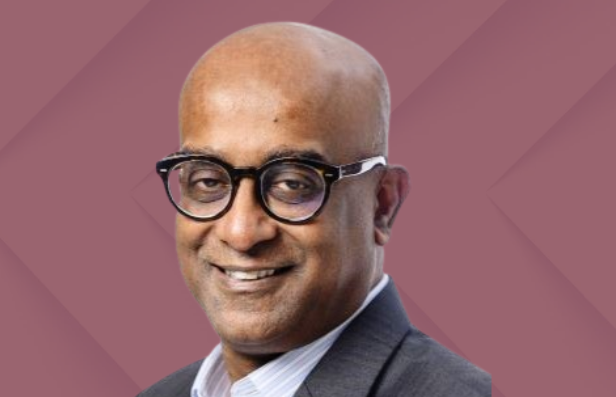The World Bank Country Director for Nigeria, Mathew Verghis, has warned that Nigeria’s stubbornly high inflation is eroding household incomes and driving more Nigerians into poverty.
He described inflation as the most urgent problem limiting economic recovery and weakening purchasing power.
Speaking during an interview with our source, Verghis said poverty levels will continue to rise unless inflation drops significantly. He noted that food inflation, currently hovering around 20 percent, hits poor households the hardest because most of their income goes to food.
Verghis said inflation in Nigeria remains among the highest in the world. He stressed that both monetary and fiscal authorities must act cautiously, adding that loosening policy too early could undermine stabilisation efforts. Bringing inflation down, he insisted, must remain the government’s top priority.
The World Bank director highlighted structural issues that continue to fuel Nigeria’s inflation problem. These include high transport costs caused by poor roads and multiple checkpoints, inadequate power supply and the absence of large-scale irrigation systems. He noted that the Bank is supporting reforms to tackle these long-standing problems.
However, he also listed measures that could provide quicker relief. He pointed out that Nigeria still maintains high import tariffs and, in some cases, total import bans on goods consumed widely by low-income households. Lowering these tariffs, he argued, could bring down prices faster and help protect vulnerable citizens.
Verghis stressed that Nigeria’s ongoing reforms must be sustained. He compared the process to experiences in India and China, noting that their economic transformations took decades of continuous policy adjustments.
He also backed the Central Bank’s decision to keep the benchmark interest rate at 27 percent. According to him, monetary policy must remain firm until inflation shows a clear downward trend.
On exchange rate stability, Verghis said the long-term solution lies in strengthening Nigeria’s export base and attracting more foreign investment. He explained that a stable exchange rate helps businesses plan better but emphasised that the ultimate goal is stronger economic growth.
Verghis also commended Nigeria’s progress in generating higher non-oil revenues. He attributed this development to subsidy removal and a more realistic exchange rate regime.
With revenues improving, Nigeria’s debt indicators are beginning to stabilise, and the debt-to-revenue ratio is now declining for the first time in years.
He warned, however, that borrowing must be transparent and purposeful. Borrowed funds, he said, must be channelled into productive sectors to avoid future debt distress.
Discussing inclusive growth, Verghis said public spending must intentionally target the poor.
He praised the federal government’s plan to reach 15 million vulnerable households through digital cash transfers, describing it as a major step toward reducing inequality.
He emphasised long-term investments in clean water, nutrition, education, and health as critical to building a productive population and sustaining inclusive economic growth.
Verghis concluded that Nigeria’s path to recovery requires a blend of immediate inflation control and long-term structural reforms. According to him, this combination is necessary to rebuild confidence, attract investment and create sustainable economic growth for millions of Nigerians.
Source: Arise TV



